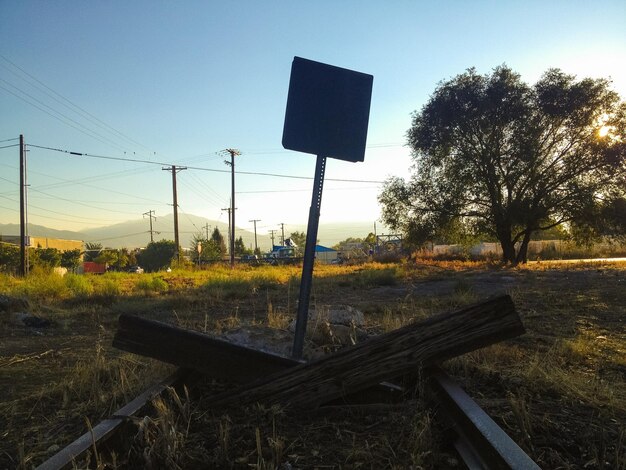
Investing in Land: The Timeless Opportunity
In the world of investments, stocks, bonds, and cryptocurrencies often steal the limelight. However, there’s another asset class that has proven its worth time and time again, and it’s right beneath our feet – land. Investing in land is a timeless opportunity that offers unique advantages and long-term benefits. In this blog post, we’ll explore the importance of buying land for investment and why it should be a crucial part of your financial portfolio.
1. Tangible Asset with Intrinsic Value:
Land is a tangible asset with inherent worth. Unlike stocks or bonds, you can touch it, stand on it, and even build on it. Its value is not solely dependent on market sentiments, economic conditions, or corporate performance. Land is a finite resource, and as the population continues to grow, the demand for land will persist. This intrinsic value provides a level of security that many other investments can’t match.
2. Potential for Appreciation:
Historically, land has appreciated in value over time. While there can be short-term fluctuations, real estate, in general, tends to appreciate in the long run. Investing in land in areas with growth potential, such as near expanding cities or in regions with improving infrastructure, can yield significant returns over the years. Land scarcity and increasing demand often drive up its value, making it a smart investment choice.
3. Diverse Investment Options:
Investing in land isn’t limited to a single strategy. You can buy land for various purposes, including residential, commercial, agricultural, or recreational. This diversity allows you to tailor your investment to your goals and risk tolerance. For example, you can purchase agricultural land for income through farming or lease it to others. Alternatively, you might invest in residential land to build and sell homes or rent them out.
4. Hedge Against Inflation:
Land is a solid hedge against inflation. As the cost of living rises, so does the value of land. Real estate often retains or even increases its purchasing power during inflationary periods. This means that your investment in land is less likely to erode in value compared to holding cash or some other assets.
5. Income Generation:
Land can generate income in various ways. If it’s suitable for agriculture, you can lease it to farmers. If it’s in a desirable location, you can rent it out for residential or commercial purposes. Additionally, land can appreciate in value, allowing you to sell it at a profit when the market is right. This dual-income potential – regular cash flow and capital gains – adds to its attractiveness as an investment.
6. Legacy and Estate Planning:
Investing in land can also be a strategic move for estate planning. Land is a durable asset that can be passed down through generations. It provides a legacy for your heirs, and the potential for land appreciation over time means that they inherit not just land but also the potential for wealth.
Conclusion:
Investing in land is a time-tested strategy that offers a range of advantages, from intrinsic value and potential for appreciation to diversification and income generation. While land investments may require patience and careful research, they have the potential to yield substantial rewards over the long term. So, whether you’re looking to secure your financial future, diversify your portfolio, or leave a lasting legacy, buying land for investment is a smart and enduring choice.


